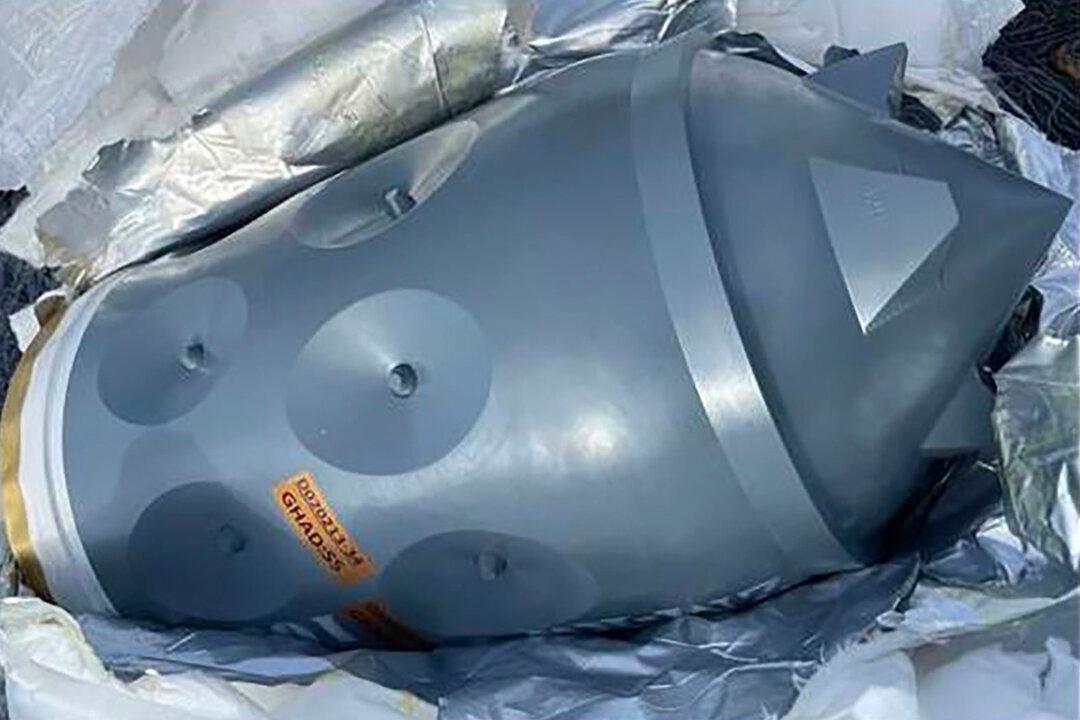The U.S. Department of Justice has charged four foreign nationals with smuggling Iranian-made advanced conventional weaponry to the Houthi terrorist group in Yemen last month.
U.S. Navy SEALs operating from USS Lewis B Puller (ESB 3) boarded a small vessel during a nighttime mission in the Arabian Sea on Jan. 11, seizing control of the vessel and suspected Iranian-made ballistic missile and cruise missile components on board. The elite U.S. special operators also detained 14 individuals on board the dhow, including defendants Muhammad Pahlawan, Mohammad Mazhar, Ghufran Ullah, and Izhar Muhammad.





